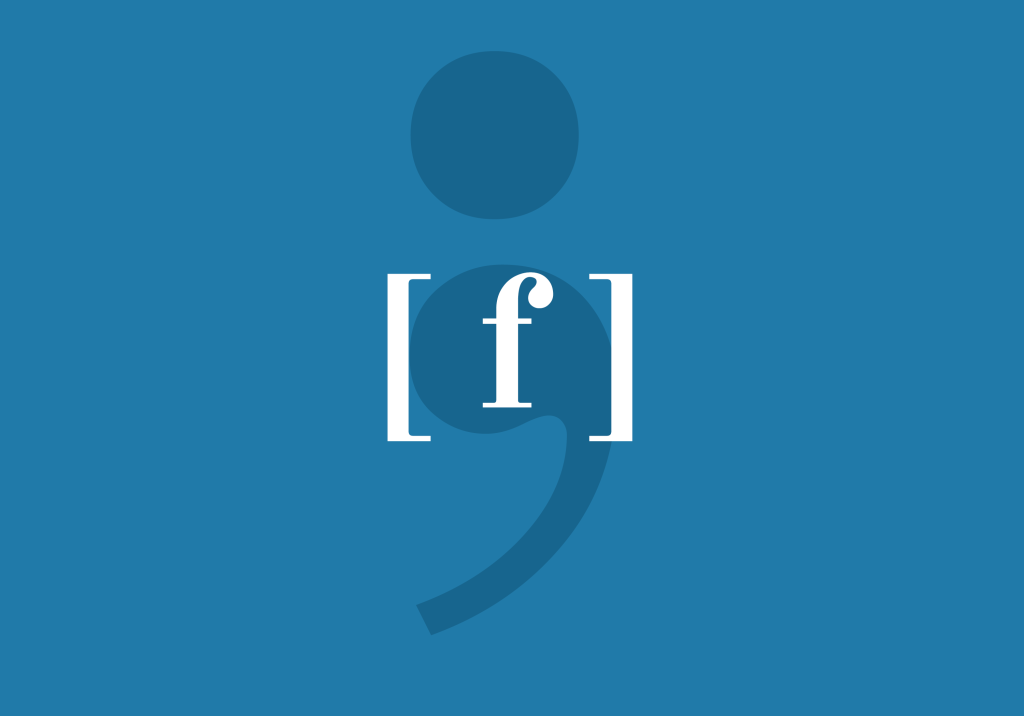Lying on his back, a sandal on, the other foot is pink and bare and still. There are two men, working on him: one pumping his chest with fingers clasped together, palms down, pumping, and the other, at his mouth, breathing air into him.
First I saw the burger flipper, burger attendant, sales person. I see her first, she’s making signals with her hand, as if to say it’s over, it’s all over, her hand flat, it goes across the neck, a horizontal movement
like “cut”.
The old man sat beside me is going through his things: his passport is put away, a leather wallet opened, money taken out and counted, put back, he fumbles at a photo, passport size, of someone not him, must be a woman, his mother maybe, someone in her forties, taken in the nineteen forties, dead by now.
He tries to push the button, call the stewardess, the steward, air-line host, or hostess, worker, cannot find the button presses plastic all around it. A dead material, so unlike the touch of stuff that’s died more recently, he presses on the light switch, on then off, and all of this done falteringly, on and off again, he nudges at the air-vent, air-pipe, pipe for dead cold wind before his fingers find the button that he wanted, groped for, near blind, feeble.
Back.
He’s lying on his back. I hadn’t wanted anything, had eaten prior, in the house, so hold my hand up, palm out, showing that I understand, the kitchen’s closed. Then I understand the man is dead, the man I see just after I see her, the man who’s lying there, is dead, was on his holidays, in holiday shorts, T-shirt, yellow, orange, vibrant colours.
– No tiene pulso, calls the woman and I turn around to see the Guardia Civil, two men in uniforms, pistols, night-sticks, truncheons at their sides, the truncheons slap against their thighs, they walk so quickly.
– No tiene pulso.
Dead, and I turn around and walk the other way, back toward the line of people in the queue for boarding. One young woman stands, her hand covers her mouth, her eyes are tearing up, she sees the man, had maybe seen the man stood in the line to have his baggage checked, or body x-rayed, just saw him, a half an hour ago, now there he is, out on his back, one sandal on, one sandal off.
Up.
We’re still climbing: I feel it in my ears. The summoned worker finds the old man, tourist, old man on his holidays, just heading back, a short flight home, just had his holidays, he asks to get a cup of tea, a biscuit and some water, please. He tries to pay in cash, but it’s card only, only cards, a credit card, she tells him, but he hardly hears, is hard of hearing.
– British money, he says.
Maybe her foreign accent, has thrown him.
– British money. British money.
– Only cards she says, a credit card, a credit card.
& Down.
The man lies on the ground, the man who was, who used to be, is not much older than me: not much older, not much bigger, overweight and laid out at the burger shop, the burger restaurant.
I didn’t even want a burger. I can feel I’m getting heavy, oversized or overweight, am borderline obese; the man laid on his back was bigger than me, obese, not overweight. Maybe he’s not even dead, I tell myself. I walk away, and maybe the man, he isn’t dead, is still a man, will live to eat another burger. Sick for even thinking that, trying to make light of it.
The flight’s delayed and where’s the family?
Waiting on the other side, a short flight home then we’ll be together.
Ian Farnes has worked in dockyards, factories, building sites, call centres, warehouses and restaurants. He went on to study English Literature and Theatre Studies at Glasgow University as a mature student before qualifying as a school-teacher. He now lives in Spain with his spouse and young son, working in literature and translation.

